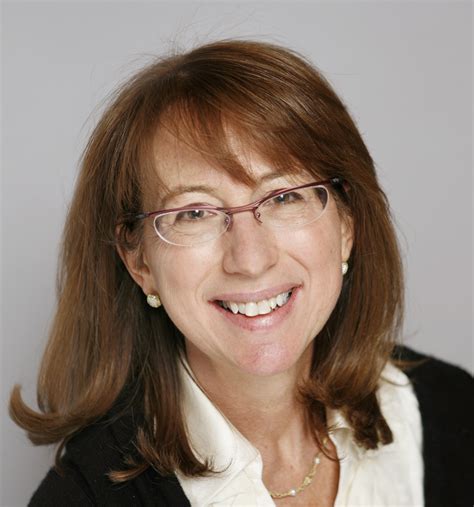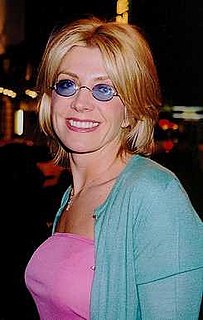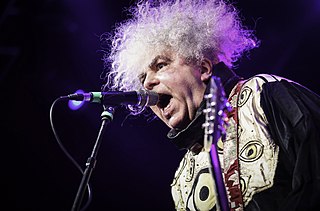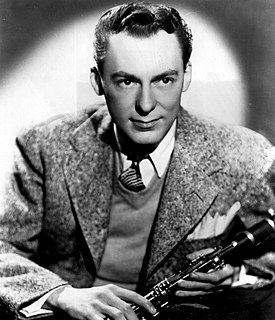A Quote by Steve Martin
I was always a huge fan of E. E. Cummings. He did a series of lectures at Harvard or Princeton, and they were recorded. And they were incredibly moving.
Related Quotes
If you take a look at places like Harvard, it's striking. In the early ,50s, I think there were a handful of Jewish professors, three or four. But by the 1960s, there were Jewish deans and administrators. In fact, one of the reasons why MIT became a great university was because they admitted Jews whereas Harvard did not.
Back in Kansas City, I associated Harvard with sort of gnarly guys who wore capes for effect in a kind of Oscar Wilde scene. Even though I also knew there was such a thing as the Harvard-Yale game, I was still a little surprised that Harvard had a football team. I just assumed if there were such a thing as gay people, that they were nothing like us. Little did I know that probably half the swim team at Yale was gay.
The bottom feeders of the entertainment industry were never invited to presidential inaugurations. The bottom feeders of the entertainment were never used as fundraisers for presidents of the United States. They were ignored. There was always a line. They were always there, and they were always who they were, and they always did what they did. The bottom feeders have now become the standard. That's what's different.
We don't like to talk about that in America, but there are classes in America. And she [Julia Child] was of a class of women who were wealthy, privately educated, went to Smith, moved in that sort of circle. She was conscripted into the OSS, which is the early CIA, which was all filled with Yalies and Princeton and Harvard people and a few women who were typing mostly but also had something to do.
I was definitely incredibly close to my dad, in a way that was all-encompassing. I am close to my mum, too, but there were areas that she and I did not share. So his loss to me was huge, personally and professionally. He believed in me, not just as a father, but as a director, and that always meant a lot.

































